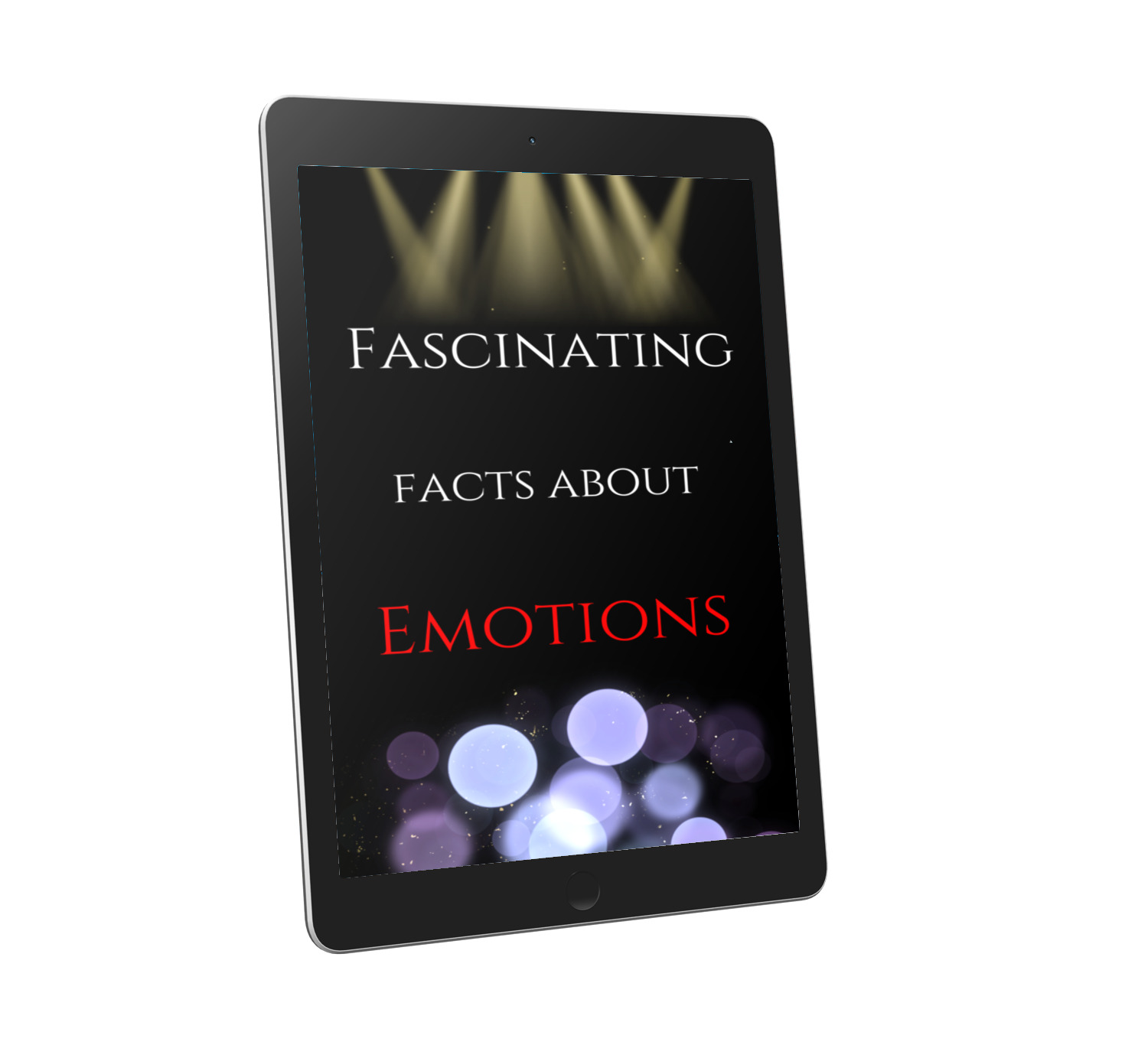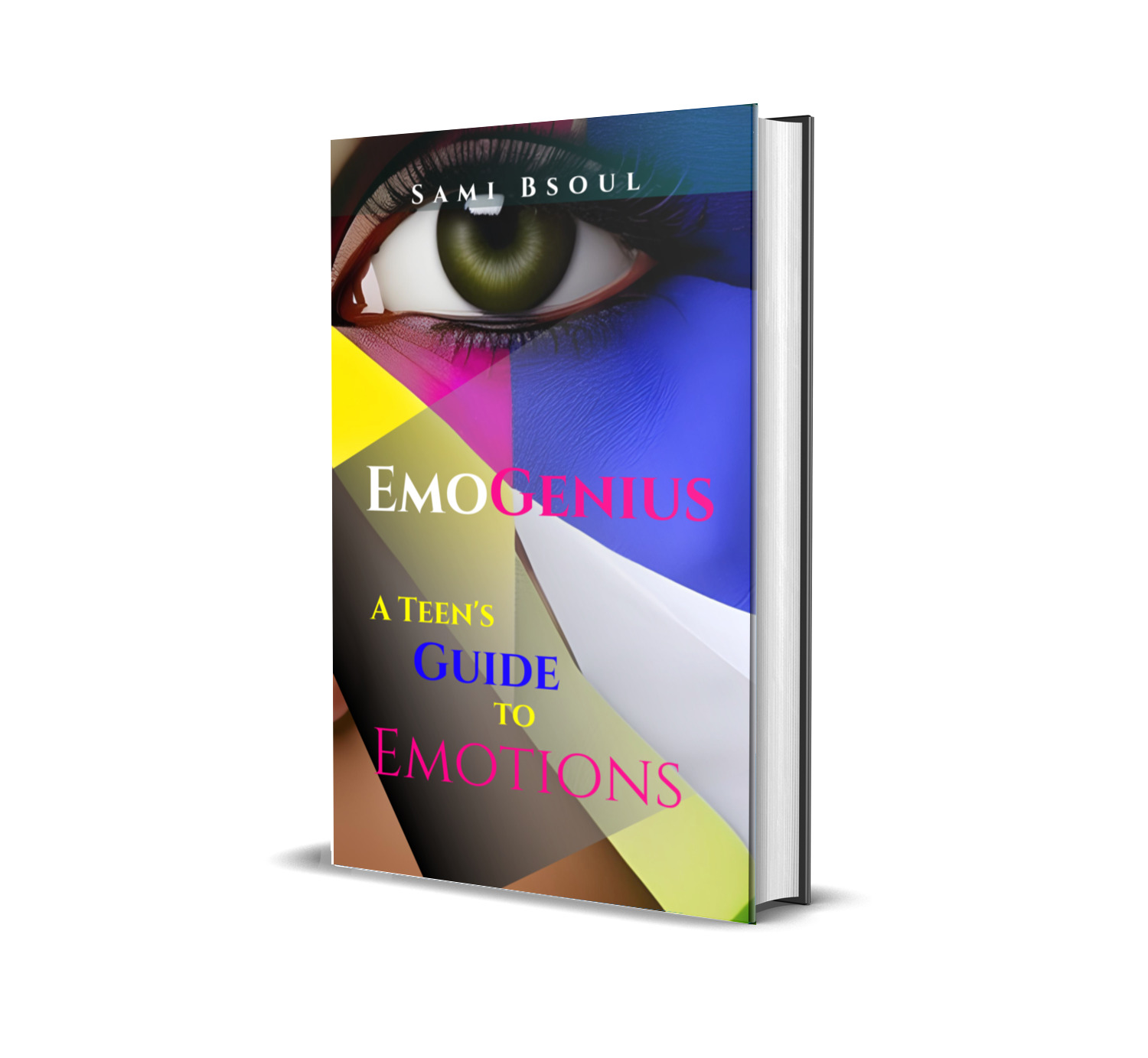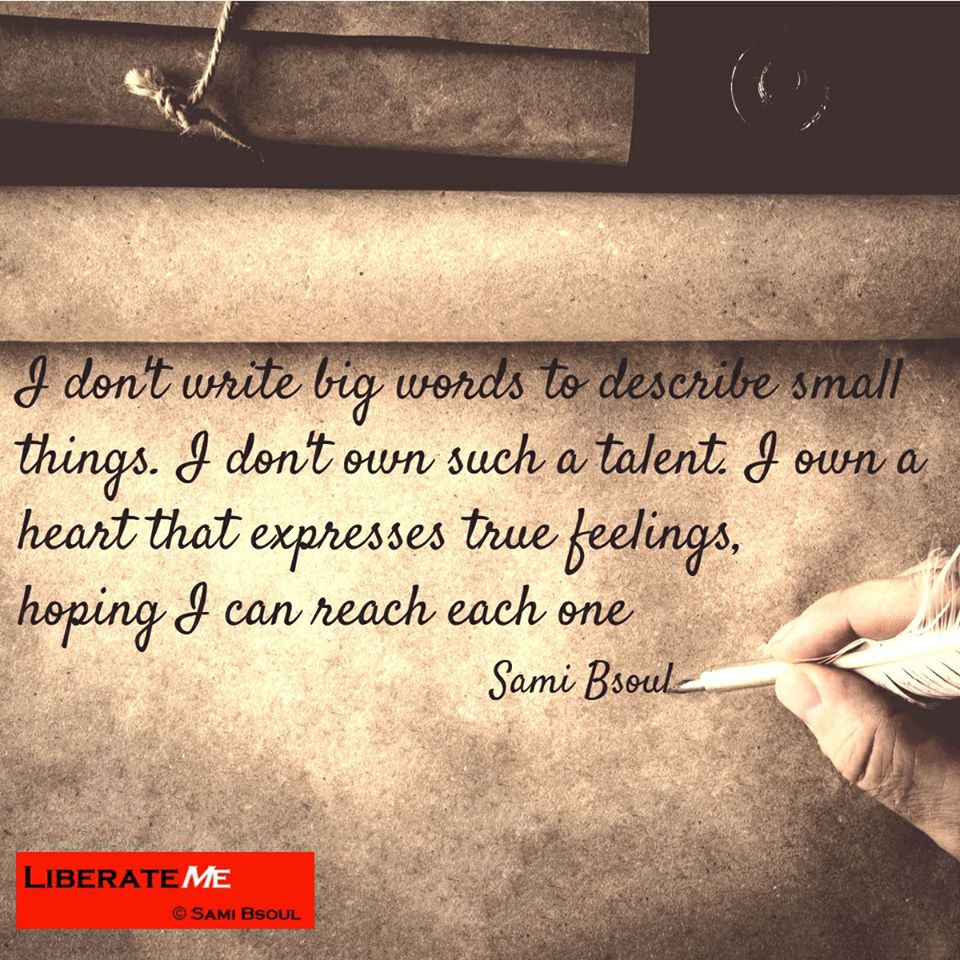43 Fun Facts About Emotions
Welcome to a world of emotions! In this blog, I bring to you 43 intriguing facts about those mysterious feelings that shape our lives. We'll break down the science behind emotions and share fun, easy-to-understand insights that even teens can enjoy.

1. Emotions can be like a kind of virus. Just like you catch a cold from someone who's sneezing, you can "catch" someone's feelings. So, if someone near you is really happy, it can make you feel happy too. But if they're upset or angry, those feelings can spread to you as well. That's why it's important to be aware of how your emotions affect others and to choose to spread positivity when you can.
2. It's important to deal with your feelings rather than hiding them. When you have strong emotions, like sadness or anger, they create energy inside you. This energy should be released, not kept inside. It's like when you shake up a soda can, it needs to be opened carefully, or it might explode. So, talking about your feelings and finding healthy ways to express them helps release that built-up energy.
3. Emotions are like helpers for creativity. Some emotions can make it easier to come up with new ideas and solve problems. When you let your feelings guide you, it can make your creative skills even better. It's like seeing things from a brand-new angle and finding cool solutions to challenges. So, don't ignore your emotions; they can be your creativity's best friends.
4. Emotions are like a surprise party for your brain. They can pop up because of lots of things, like stuff happening around you, memories, or even just thoughts. When these triggers happen, your brain gets busy with special pathways and chemicals that make you feel different emotions, like happy or sad. It's like your brain's way of reacting to what's going on in your life.
5. Babies can't calm themselves when they're upset, so they rely on grown-ups to help. As we get older, we become better at soothing ourselves, but we still need comfort from others sometimes. So, just like babies need caring adults, grown-ups also need each other for comfort and calming when emotions run high.
6. Feeling really sad and worried can happen when you keep your true feelings inside. It's like hiding them away. Depression and anxiety can be signs that you need to let out those hidden feelings and talk about what's bothering you. It's like taking a lid off a bottle to release the pressure. So, it's important to share your emotions instead of keeping them locked up.
7. You have the power to shape your feelings. Your special brain part, the prefrontal cortex, lets you do it. You can look at your emotions differently, like changing the channel on TV. You can even give them new meanings, like turning a frown into a smile. It's like being the boss of your feelings and deciding how to react to them.
8. Have you ever noticed someone look a little sad for just a moment before smiling and saying they're happy? That's called a "micro-expression." It's like a tiny glimpse of their real feelings before they decide how to act. People often can't help but show what they truly feel for a quick second before they figure out how they want to show it on the outside. It's like a sneak peek into their emotions.
9. Feeling not-so-great sometimes is actually good for your mind. Emotions like fear and anger help us think about things in a smart way. If we only feel happy all the time, we might ignore important stuff. So, it's okay to have those not-so-happy feelings. They're like a reminder that helps us keep things balanced and figure out what's important.
10 . Jealousy and envy are not the same. Envy is when you feel a bit sad because someone has something you want, like your friend's success. Jealousy is when you worry about someone taking away what you already have, like when someone flirts with your partner. So, envy is about wanting what others have, while jealousy is about protecting what's already yours. It's like two different feelings even though they can both feel tricky.
Are you eager to explore the world of emotions? Check out this amazing book, "EmoGenius: A Teen's Guide to Emotions," crafted especially for you without using big fancy words and free from complicated jargon.
11. Scientists say you can actually smell fear. When someone is scared, a special smell called a pheromone comes from their sweat. Even if you don't know it, your nose can pick up on this smell. It's like a signal that tells you when someone is feeling afraid, kind of like an invisible alarm that your nose can detect.
12. Emotional regulation means controlling your feelings to fit the situation. It's like adjusting the volume on your favorite song. You can use tricks like staying calm (mindfulness), changing how you think about things (cognitive reframing), or talking to someone for help. These tricks help you feel better and handle tough situations like a pro. So, emotional regulation is like having tools to make your emotions work for you.
13. Have you ever noticed that sometimes when you go to sleep feeling sad or worried, you wake up feeling better the next day? This happens because when you're in REM sleep, your brain releases chemicals that help reduce the emotional pain from tough experiences. So, sleep can be like a reset button for your mood.
14. Having butterflies in your stomach is like a call for help from your stomach. When you're nervous or excited, your body sends extra blood to your muscles, but sometimes, your tummy doesn't get enough. So, it might feel weird. It's like when you're running, and your tummy needs more energy, so it sends a signal that feels like butterflies. It's normal and nothing to worry about!
15. Love is a strong feeling that includes affection, closeness, and connection. When you love someone, it can make you feel happy and healthy, both in your mind and your body. Love is like a special bond that makes everything better.
16. When you're about to cry, your lip might start shaking. That's because your brain is tugging on face muscles, like a little tug-of-war. One part of your brain wants to show your feelings, like sadness, but the other part is like a guard, trying to hide it. So, your quivering lip is like a battle between your emotions and logic. It happens to all of us sometimes!
17. Emotional intelligence means being good at recognizing and dealing with our own feelings and also being good at understanding and responding to how others feel. When we get better at this, it helps us have better relationships with people and feel happier overall.
18. Most of the time, we don't use words to share our feelings. Instead, our faces, body language, and how we sound when we talk tell a big part of the story. Imagine if your mom seems really angry, even if she doesn't say it. You might still feel upset because those non-verbal signals can be strong triggers for our emotions. So, it's not just what we say, but how we say it that can affect others deeply.
19. Sometimes, we have ways to protect ourselves from feeling strong emotions. These are like shields that keep us from getting too upset. These defenses are actually really smart because they help us get through tough times. But if we use them all the time, it can make us feel less alive and true to ourselves. So, it's not that these defenses are bad, but it's important to know when to use them and when to let our true feelings show.
20. Sadness and anger are like detectives; they're hard to pretend. When you're truly sad or mad, your face and actions show it. It's tough to hide these feelings because they're strong and genuine. So, when someone says they're okay but they look really sad or angry, it's usually a sign that something deeper is going on.

21. Feeling emotions in your body is like having a superpower. It can help you grow, change your brain, and become a better you. So, paying attention to how your body feels when you have emotions can make you stronger and smarter!
22. Grown-ups might think about using something called "botox" to make their faces look smoother and more appealing. But here's the catch: Botox can actually make their faces less expressive, meaning they can't show feelings as easily. People usually like it when others express their emotions through their expressions. So, some may find it more appealing when a person's lively and emotional aspect remains unaffected by botox.
23. Smells can really change how we feel. Some scents can make us happy, like freshly baked cookies, while others might make us feel calm, like the smell of a forest. On the flip side, some bad smells can make us feel yucky or upset. So, our noses can have a big impact on our emotions, making us feel different things when we smell different stuff.
24. Think of dreaming like a superhero for your brain. When you have bad memories, your brain works on them while you sleep. It's like solving a puzzle without distractions because your judgment is turned off during sleep. Dreaming helps your brain make sense of things and find better answers to those tough memories.
25. When you're scared, your body gets ready to react quickly. It's like a superhero power-up. Fear makes your muscles tense and ready for action. You might not even notice, but your body is getting prepared to move fast or defend itself if needed. So, fear is like a signal to your muscles to be on high alert.
26. Getting very angry can harm your body. It can raise the risk of heart problems or strokes and weaken your immune system, which is like your body's defense team. So, it's crucial to handle anger in healthy ways, like talking or taking deep breaths, to keep your body strong and protected.
27. Emotions can make your body feel things too. When you're happy, you might feel light and energetic. If you're scared, your heart might race, and you'll feel jittery. Each emotion can give your body a unique feeling, like a special signal that tells you how you're doing on the inside.
28. If you enjoy being sarcastic, it often means you have a good sense of creativity and humor. Sarcasm is like a playful way of using words to be funny or witty. It shows you can think creatively and come up with clever, funny remarks. So, having a knack for sarcasm can be a sign of your creative and humorous side!
29. Your face is like a superhero for showing and understanding feelings. When you smile, your face tells others you're happy, and when you frown, it shows you're not feeling so good. Your facial muscles help you express and figure out how people are feeling. So, your face is like a magic mirror for emotions!
30. Everybody is born with feelings, like happiness and sadness, and we don't have to learn them from anyone. Even kids born blind make the same happy or sad faces as others because these feelings are part of being human. So, our basic emotions are something we all have right from the start, no lessons needed!

31. Awe is like being super amazed and filled with wonder. It happens when you see something incredibly beautiful or extraordinary, like a stunning sunset or an amazing achievement. Awe makes you feel connected to everything and makes you see the world in a big way, like you're a part of something huge and wonderful.
32. When you pay attention to your feelings, it's like your brain, mind, and body all working together as a team. This teamwork helps you feel more relaxed, confident, and better at dealing with different situations. It's like having a special tool for a healthier and stronger you. So, taking time to notice your emotions is like using that tool to feel better and more capable.
33. Emotions are like secret actors inside you. They make you think about things and feel stuff in your body, like your face getting red or your heart racing. They also make you do things, like smile when you're happy or cry when you're sad. So, emotions are like a whole team working behind the scenes, making your mind and body react in different ways. It's pretty cool!
34. Emotions are like our biggest cheerleaders! They push us to do important things like stay alive, make new friends, love and take care of our families, and be good people. Boys and girls feel the same number of emotions, but sometimes girls are encouraged to show their feelings more often and in a different way than boys. So, emotions are like our secret power that helps us do awesome things in life.
35. We can make many different facial expressions, some very tiny! The cool thing is, most people can see these small changes in others' faces and know how they're feeling. Our brains are like emotion detectives; we've practiced reading these subtle expressions to understand what someone's feeling. It's a skill we've learned as we grow up.
36. Feelings don't stick around for too long; they can be quick, like a snap of your fingers, or last a few minutes. Sad feelings often hang around longer than happy ones. It's like a little rain cloud that takes its time before the sunshine comes back.
37. Mood is like the background music of your feelings; it can stick around for minutes or even days. It also has a say in how you feel. If you're in a grumpy mood, you might get angry more easily than usual. So, your mood sets the stage for your emotions, making them act a certain way.
38. Food and drinks can change how you feel. Some things like berries, spinach, fish, chocolate, tea, and even nuts can make you happier. They're like little mood boosters for your tummy.
39. In almost all languages around the world, there are many words in each language to express how we feel. Some words might mean the same thing, but it shows that emotions are important to us. It's as if we have a magical paint set with endless colours to capture and share our inner feelings.
40. Love is like a science experiment happening in your body. When you really like someone, your body releases special chemicals like dopamine and endorphins. They make you feel all excited and happy. These chemicals help you decide who you want to be close to. So, those butterflies in your stomach and sweaty palms have a scientific reason behind them!

41. Did you know you can trick your brain into feeling happy? When you smile, even if you're not super happy at first, it tells your brain to feel happier. So, if you want to feel happier, just put on a smile for about 30 seconds, and you'll start to feel better. It's like a quick happiness boost for your brain!
42. Sometimes, your feelings are like a secret superpower. People who listen to their intuition or "gut feeling" are often really good at guessing what might happen next. They even got to predict random things, and they were surprisingly right! It's like having a special sixth sense that helps you make good guesses.
43. Colours can actually change how you feel! Think of blue like a calm, relaxing ocean, and yellow as a happy, sunny colour. When you see these colours, your brain connects them to feelings. So, if you want to feel calm, maybe surround yourself with some blue. And if you want a burst of happiness, add some yellow to your day! Colours can be like a little mood magic.


